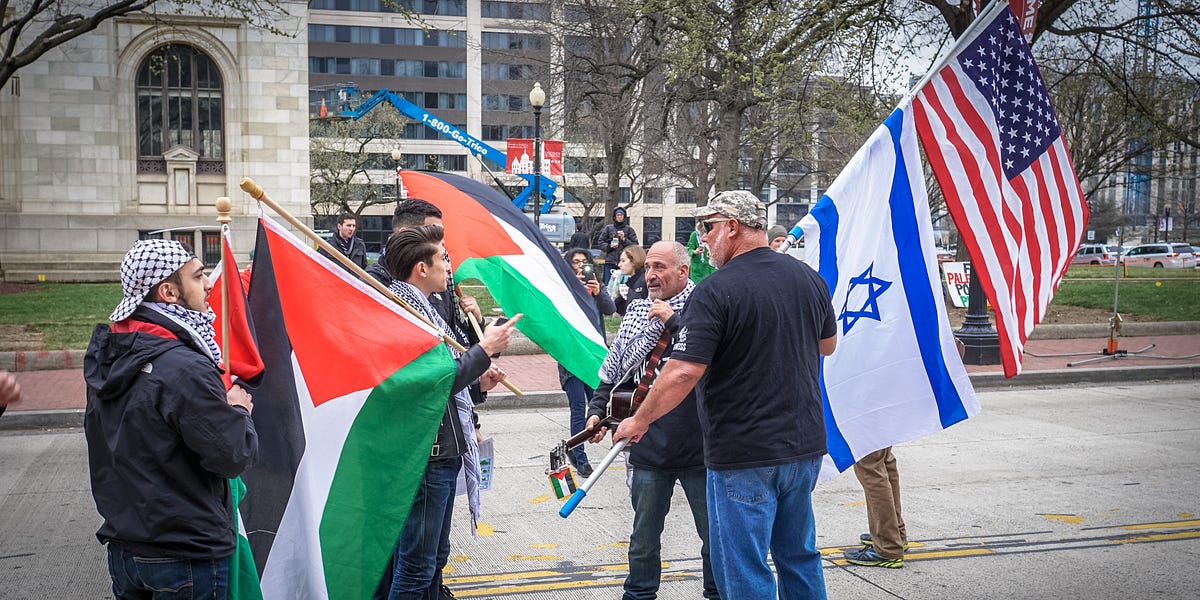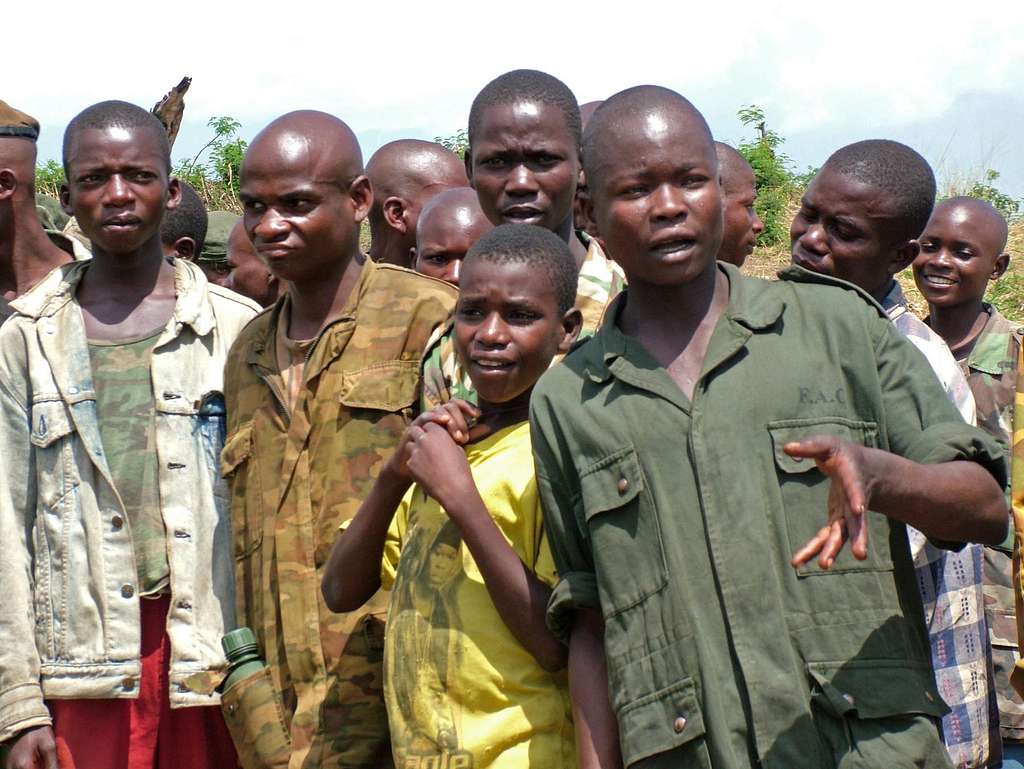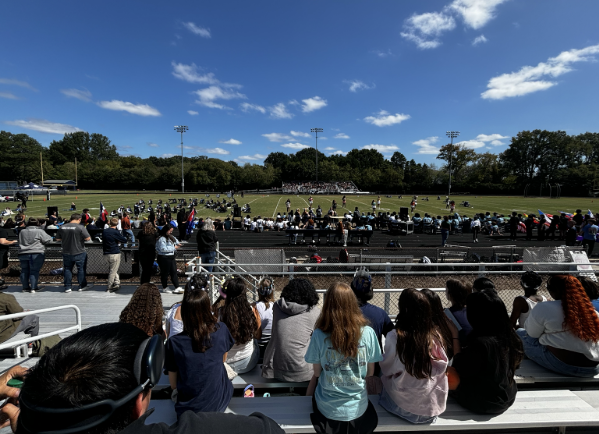In a surprise attack by Hamas this past Saturday it is believed that up to 150 people are being held hostage in Gaza. The attack occurred at the Nova Music Festival in the Negev Desert, near the Gaza strip around nine in the morning. Upon arrival, about 260 people were found dead initially by Israeli security forces across the ground, and many of those who are presumed to be alive are thought to be among the hostages currently held by Hamas. This attack comes in the wake of many years of tension between Israel and Palestine over border disputes.
The dispute has been ongoing since 1947 with the United Nations’ adoption of Resolution 181, also known as the Partition Plan. Its ratification and the subsequent creation of the modern state of Israel in 1948 sparked the first Arab-Israeli war. This ended in 1949 with Israel victorious and 750,000 Palestinian people subsequently displaced. The two nations’ history has since been rocky at best, sparking up several conflicts over the years though relations have notably soured further since Israeli military actions in Gaza resulted in the deaths of 71 and the injuring of over 11,000 Palestinians..
Though the Gaza border has been one of high tension for several years now, this attack marks a dramatic turn in the political climate in the region. Regarded by human rights groups as “the world’s largest open air prison,” the Gaza strip houses two million Palestinians. Although Israel formally withdrew from Gaza in 2005, the Israeli government has maintained a land, air, and sea blockade since 2007 with stifling effects on the Palestinian inhabitants.
In response to Hamas’s attack, Israeli Prime Minister Benjamin Netanyahu launched a counter-attack on the Gaza strip, declaring the country was now “at war.” Defense Minister Yoav Gallant ordered a “complete siege” of Gaza, cutting off the strip’s access to electricity, food, fuel and water. As of now, Israel has not ordered a ground invasion, but international relations experts believe this is a likely next step.
Further complicating the matter, Hamas has threatened to begin killing hostages if Israeli forces target residents of Gaza without giving them warning and chance to flee. Abu Obaida, the spokesperson for Hamas’s military, stated: “We, in the past hours, have swallowed the pain of what happened to many families throughout the Gaza Strip. We have decided to put an end to this. From this moment on, we announce that every targeting of our people who are safe in their houses, without prior warning, we will regrettably meet with the execution of one of the enemy’s civilian hostages that we have. And we will have to broadcast that audio and visually.”
This declaration has drawn both international outrage as well as an outpouring of support for Israel. Israel has responded that they will act proactively to free the hostages and put an end to Hamas “terrorist capabilities.” President Biden has sent an aircraft carrier, ships, jets, and additional ammunition to assist Israel in the fight, though he has held back from sending “boots on the ground.”
In addition to the hostages taken from the music festival, other hostages are presumed to have been taken from their homes as well as some who are peace activists working in the area. Although the majority of the hostages are Israeli nationals, there are some other nations represented among the hostages. At least two Mexican nationals, three Brazilians, a Nepali student, eleven Thai nationals, and British citizens are among those who are missing and are presumed to have been taken. Additionally, there are American citizens whose current whereabouts are unknown and can only be presumed to have been taken or killed as well. Though not publicly named, the Israeli government is currently in the process of identifying hostages and contacting their families.













